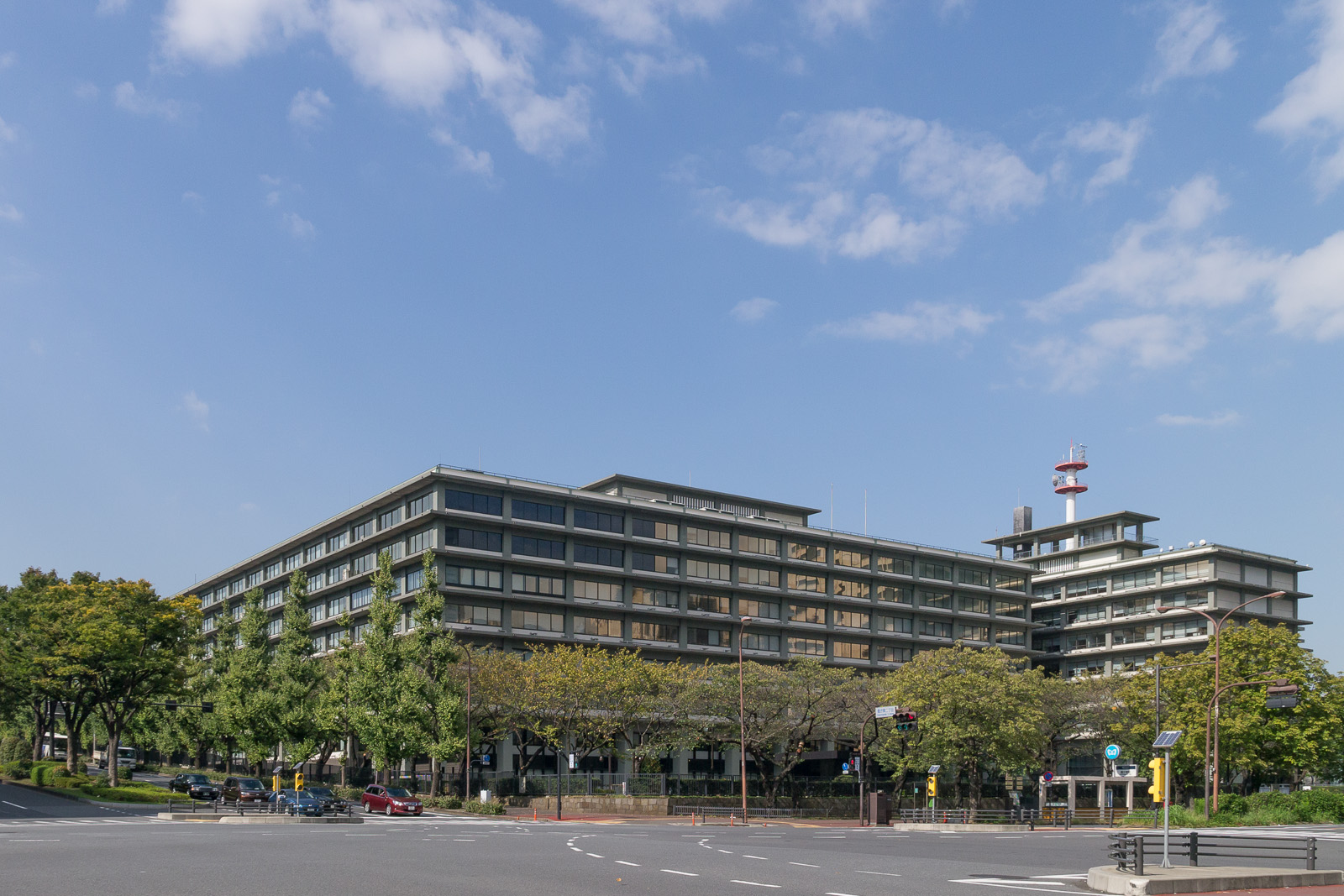Headline
Japan calls for de-escalation amid China’s dangerous acts in WPS

The Japanese Ministry of Foreign Affairs building. (File Photo By Rs1421/Wikimedia Commons, CC BY-SA 3.0)
By Joyce Ann L. Rocamora, Philippine News Agency
MANILA – The Japanese Ministry of Foreign Affairs has called for de-escalation in tensions amid China’s latest acts in the West Philippine Sea over the past two weeks, including the deployment of flares and ramming of a Filipino vessel.
Without directly naming any country, the ministry on Tuesday said Japan “steadfastly opposes” the dangerous and coercive use of Coast Guard and maritime militia vessels as well as aircraft.
“Japan expresses serious concern over repeated actions in recent days that increase regional tensions in the South China Sea and urges de-escalation of the tensions,” it said in a statement.
In two separate incidents last week, China fired flares multiple times while a Bureau of Fisheries and Aquatic Resources (BFAR) plane was conducting an air patrol near Scarborough Shoal and the Zamora Reef.
Last Sunday, a Chinese Coast Guard vessel rammed BFAR ship BRP Datu Sanday while it was en route to Sabina Shoal to resupply Filipino fishers with diesel, food, and medical necessities.
Japanese Ambassador Endo Kazuya earlier said this development around Sabina Shoal, which is situated well within the country’s exclusive economic zone, is “unacceptable” and that any action that increases tensions or obstructs the freedom of navigation is “not tolerated”.
In its statement, the Japanese foreign ministry said the issue of the South China Sea is directly related to the region and is a legitimate concern of the international community.
“[T]herefore Japan opposes any unilateral attempts to change the status quo by force as well as any actions that increase tensions in the South China Sea, including obstruction of freedom of navigation and over flight,” it said.
The ministry lauded the Philippines ”for having consistently complied with the Arbitral Tribunal’s award” and for showing its commitment to the peaceful settlement of disputes in the South China Sea.
“The arbitral award is final and legally binding on the parties to the dispute under the provisions of the United Nations Convention on the Law of the Sea (UNCLOS), and Japan strongly hopes that the parties’ compliance with the award will lead to the peaceful settlement of disputes in the South China Sea,” it said.
“Japan has consistently advocated upholding the rule of law at sea and will continue to cooperate with the international community including ASEAN Member States and the United States to protect the free and open international order based on the rule of law,” it added.







